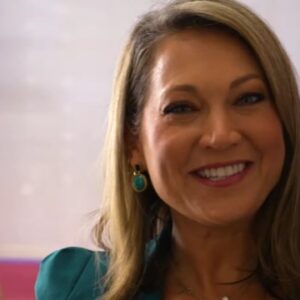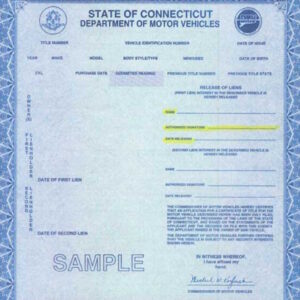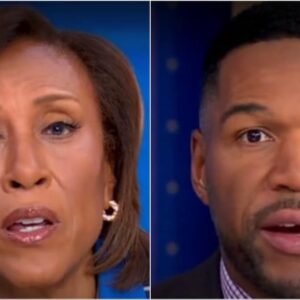I’m A Celebrity star Reverend Richard Coles has shared a deeply personal story about his experiences as a gay man within the church, opening up about the challenges and revelations he faced

in a recent interview with podcast host GK Barry. Coles, who has been an outspoken figure for LGBTQ+ rights and religious acceptance, reflected on his journey of reconciling his sexuality with his faith.
During the conversation, Coles revealed that, while he was one of the first prominent figures to speak openly about being gay within the church, he was not the first person to experience
such internal struggles. His candid comments shed light on the complex and often painful intersection of faith, identity, and acceptance in a community that has historically struggled with LGBTQ+ inclusion.

The interview marked a moment of vulnerability for Coles, who has spent years in the public eye as both a former member of the popular band The Communards and as a Church of England priest.
Known for his wit and humor, Coles has also used his platform to advocate for LGBTQ+ rights, especially within religious spaces. In his conversation with Barry, he reflected on the pressures he faced

when he first came out publicly, acknowledging that the journey was not easy. However, Coles made it clear that his story was part of a much larger, often hidden narrative of LGBTQ+ individuals
within the church. He stressed that, despite the challenges he faced, there were many others who came before him, quietly living their truth in silence, and in some cases, enduring significant hardship.

Coles’ comments about not being the first to be gay in the church touched on a deeper issue within religious institutions—how LGBTQ+ people have been historically marginalized and silenced. He explained that while he became one of the most visible figures to openly discuss his sexuality in connection with his religious life, there were many others who had been part of the church’s history but whose stories had never been told. Coles made it clear that his public journey was not just his own, but rather the culmination of the struggles and resilience of countless LGBTQ+ individuals who had paved the way. His admission that he was “not the first” was a powerful reminder that visibility and acceptance in the church have been long sought-after goals for many who identify as LGBTQ+.
The conversation also delved into the personal challenges Coles faced as a gay priest, noting the complexities of being part of an institution that has historically struggled with accepting same-sex relationships. Coles shared that when he first joined the clergy, he was aware of the church’s difficult stance on LGBTQ+ issues, but he also expressed hope that change could come. Over time, he noticed a shift, with more and more people in the church beginning to open their hearts and minds to the idea of inclusion. While there is still resistance from certain sectors within the church, Coles is hopeful that future generations of clergy and churchgoers will foster a more inclusive and accepting environment for all people, regardless of their sexuality.

Throughout the interview, Coles reflected on the importance of faith and identity, particularly in a world where many LGBTQ+ individuals feel forced to choose between their religious beliefs and their authentic selves. His openness about his own experiences in navigating both his sexuality and his role within the church serves as an inspiring example for others who may be struggling with similar issues. Coles’ story highlights the intersectionality of faith and sexuality, and his willingness to speak out publicly underscores the ongoing need for greater acceptance and understanding in all areas of society, including within religious institutions. His words were a poignant reminder that, while progress has been made, the journey toward full acceptance and equality is ongoing for many LGBTQ+ individuals, particularly within faith-based communities.
Reverend Richard Coles’ candid discussion about his journey as a gay man in the church has sparked important conversations about the relationship between faith, identity, and acceptance. By sharing that he was “not the first” to be gay within the church, Coles has opened the door for further exploration of how LGBTQ+ individuals have navigated their faith and sexuality in a historically conservative space. His story serves as both a reflection of past struggles and a call for continued progress, offering hope for a more inclusive future where individuals of all sexual orientations can fully embrace their faith and identity without fear of rejection.
Follow us to see more useful information, as well as to give us more motivation to update more useful information for you.





